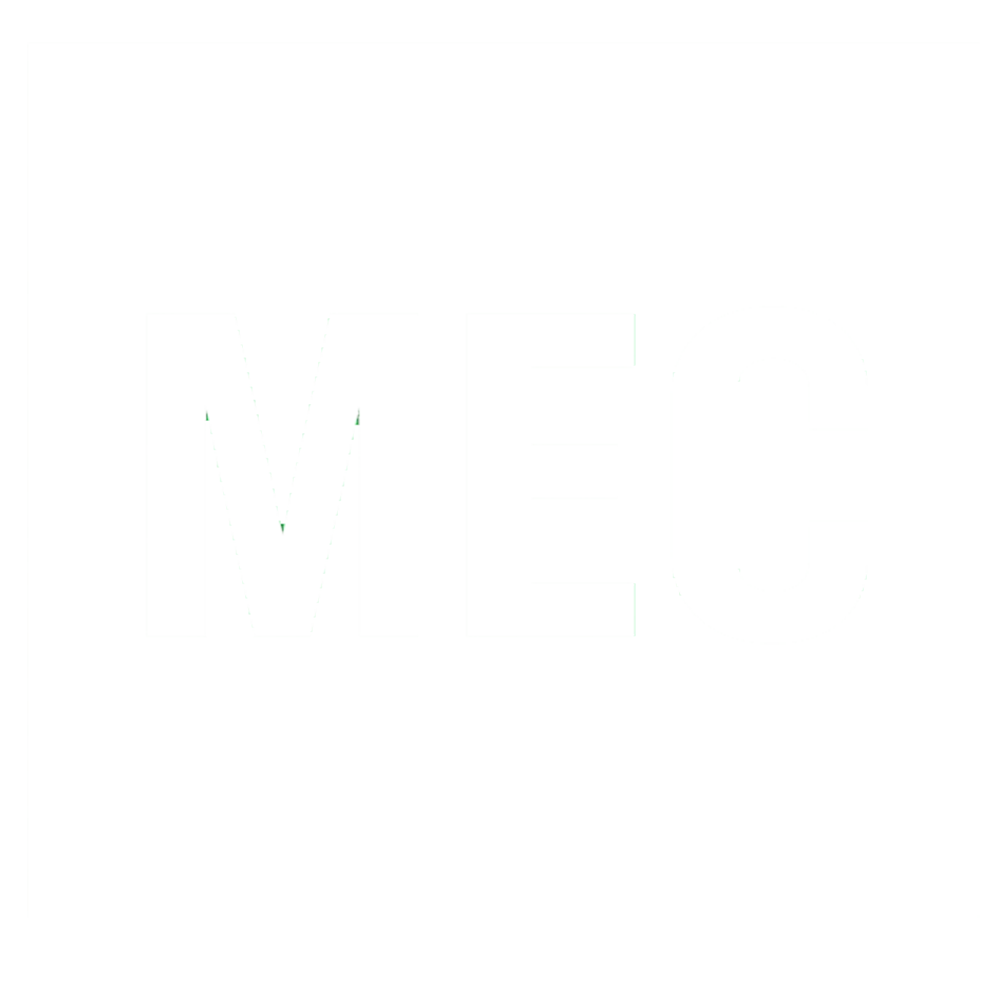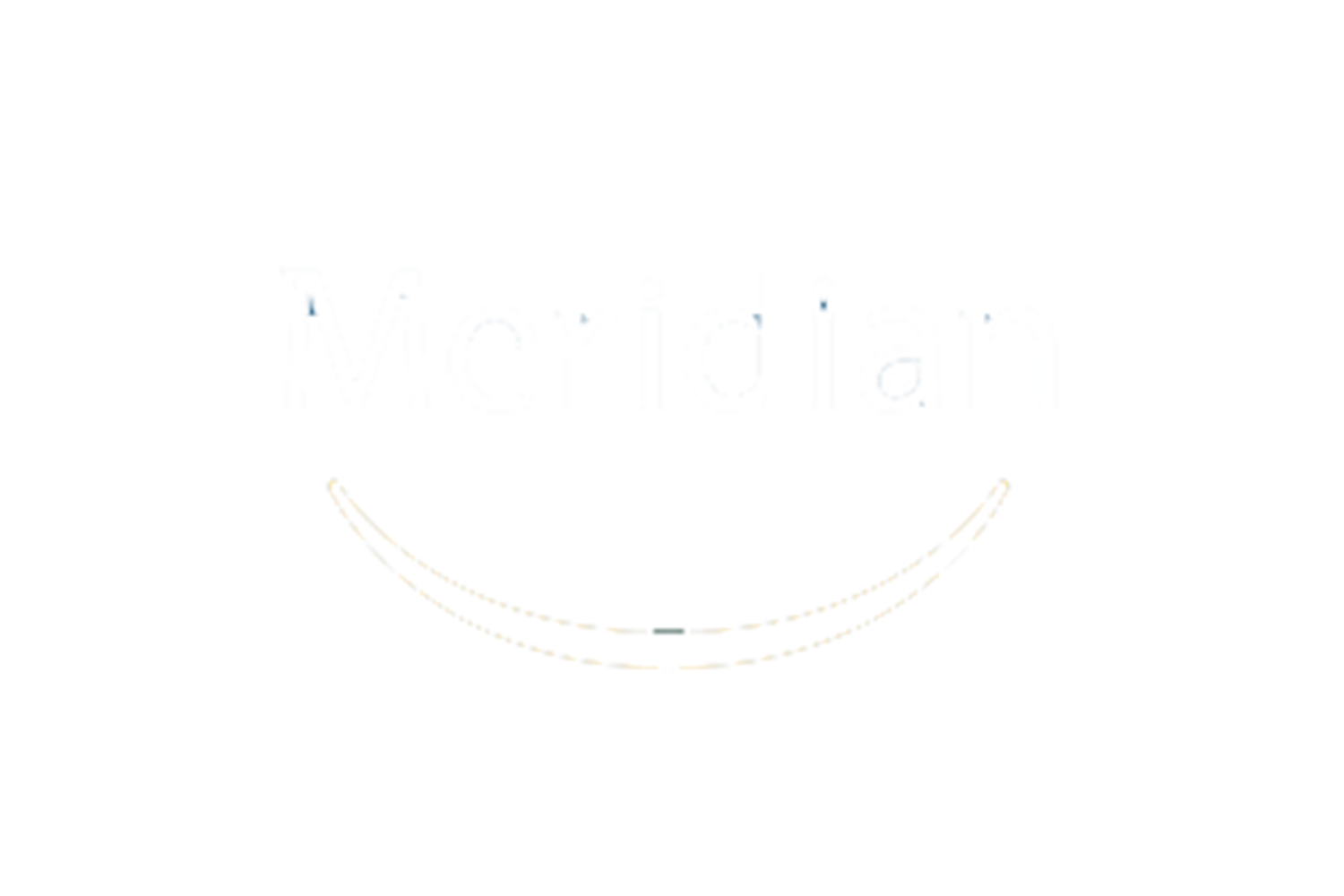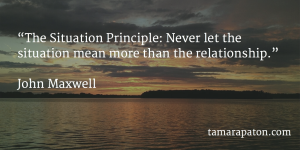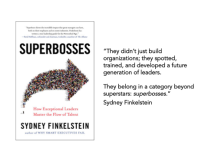

In recent weeks, an unusually large number of my clients and colleagues have interviewed for board roles. Landing a board interview is a huge accomplishment, one that inspires a mix of elation and intimidation all at once. The excitement of clearing a hurdle often leads to discussions of preparing and differentiating oneself from other candidates.
The current class of Boardroom Blueprint participants will soon embark on the “Ace the Interview” module. I rely on these materials to help me prepare for my own board interviews, a process that I approach humbly, despite having plenty of board interviews behind me. Remembering that some interviews go better than others, it never hurts me to review.
When you receive your next interview invitation, I hope you enjoy the privilege and consider the following ways to make the experience successful.
Recognize the unique aspects of the board interview
Directors early in their careers are often surprised by the structure, length and tone of the board interview. Expect two to four interviewers, occasionally with a consultant or recording secretary taking notes. Lasting one to two hours, the interview will follow a pre-scripted list of formal questions. And there should be plenty of time set aside to tell you about the organization.
When the interviewers offer to answer your questions, they may present the opportunity as a courtesy to you. But don’t be fooled. This is part of the test. The panel is gauging your ability to build a thoughtful, informed line of inquiry. Given that questions are a director’s favourite tool, this dialogue hints at the kind of contributor you will be in the boardroom. Successful candidates move beyond superficial questions and demonstrate how they might work alongside the interviewers.
Slam the competition via preparation
I may not be the smartest candidate, but I strive to be the most prepared. When others coast in hoping to think well on their feet, I try to crush them with preparation. I never regret a minute spent researching, structuring ideas, and rehearsing for an interview.
First, gather first person perspective using online tools. LinkedIn will identify those in your network who are connected to the organization and prime targets for your questions. A quick poll on your social media networks may surface those who can offer an insider perspective. And with employer review sites like Glassdoor.com, you can gauge culture and engagement among current and past employees.
Next, scour online resources to surface company news, strategic priorities, and recent performance. As you do this digging, set Google Alerts on the name of the organization and its CEO. This will ensure that you are up to date on breaking events happening before your interview.
Finally, prepare and rehearse a few dozen stories that illustrate your experience and capabilities. It helps to organize these 20-second snippets into five key themes you wish to cover with the interviewers. Be sure to have four or five stories supporting each theme, so you don’t find yourself speaking about a given situation more than once or twice. This is especially important for roles that require more than one round of interviews.
Throughout this process, it helps to take well-organized notes. My clients use the Boardroom Blueprint Interview Prep Template, a 20-page record of key information, sample questions, and prepared responses. In the 24 hours preceding an interview, set aside all other information sources and focus on easily recalling and leveraging what you’ve amassed in your prep notes.
Frame responses in terms of your key messages
Once in the hot seat of an interview, rookies respond directly to the question asked. Pros, on the other hand, use questions as an opportunity to convey key messages. We never want to evade a question or pivot abruptly, but we can be thoughtful about the examples we choose and the capabilities we highlight.
Practice is key here and nothing beats simulation with real interview questions. I provide my clients a database of more than 50 questions I’ve heard in a board interview, such as:
- Motivation and values: Explain the specific initiative which you consider to be the most important legacy you’ll leave in your career
- Governance: How would you describe a high performing board? What can an individual director do to influence a board’s performance?
- Your potential contribution: What strengths could you bring to our board?
- Strategy: What is a board’s role in strategy formulation?
- Leadership: Tell us about a time when you had to influence a group of people over whom you had no formal authority
- Commitment to learning and development: Tell me about a time you sought specific feedback from peers on your performance. How did you use the feedback? What changed after you took action?
With practice, you’ll keep your list of five key themes in mind. Each successful interview response will check an item or two off the list as you emphasize the most compelling aspects of your candidacy. By the time you are thanking the interviewers for their time, you will be unforgettable in their minds.
Diligent preparation and a thoughtful approach will give you confidence when you first shake interviewers’ hands. If you hesitate to invest so much time in a job you don’t yet have, think of the interview as the first hour of your director orientation. With some luck, your interviewers will find themselves perceiving it the same way too.
Question: How do you prepare for a board interview? What is the best interview question you’ve heard?

